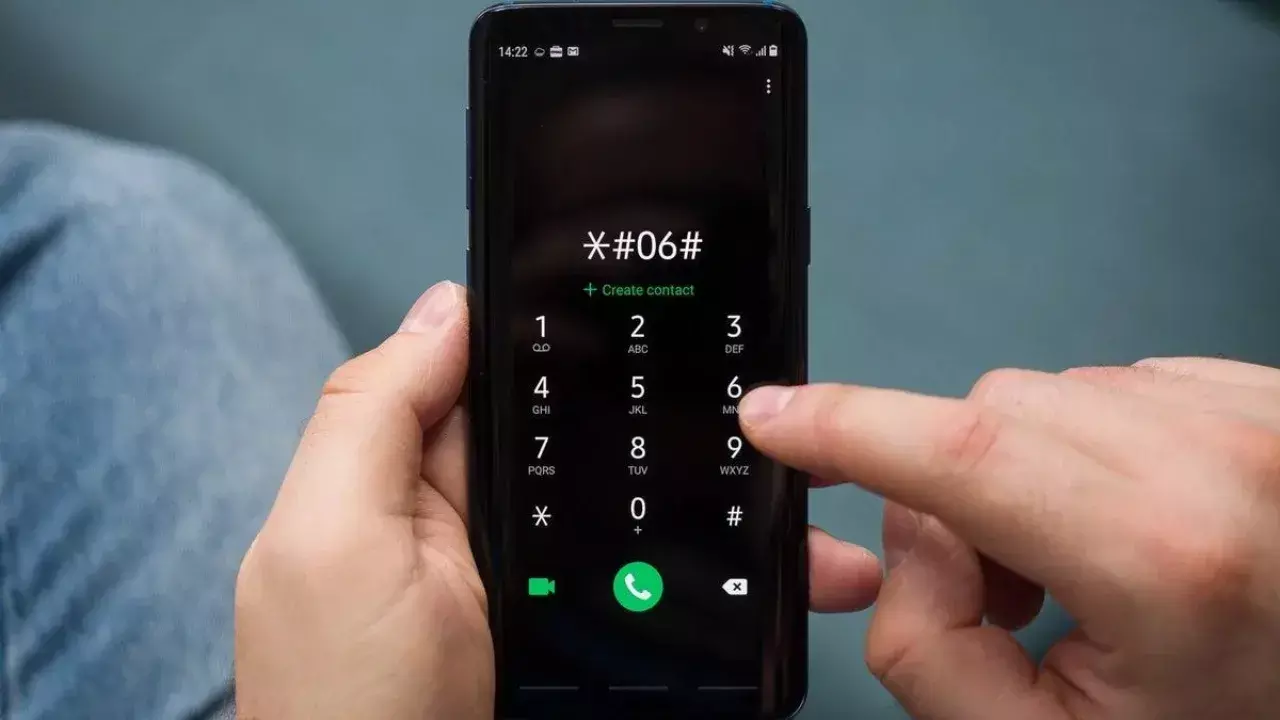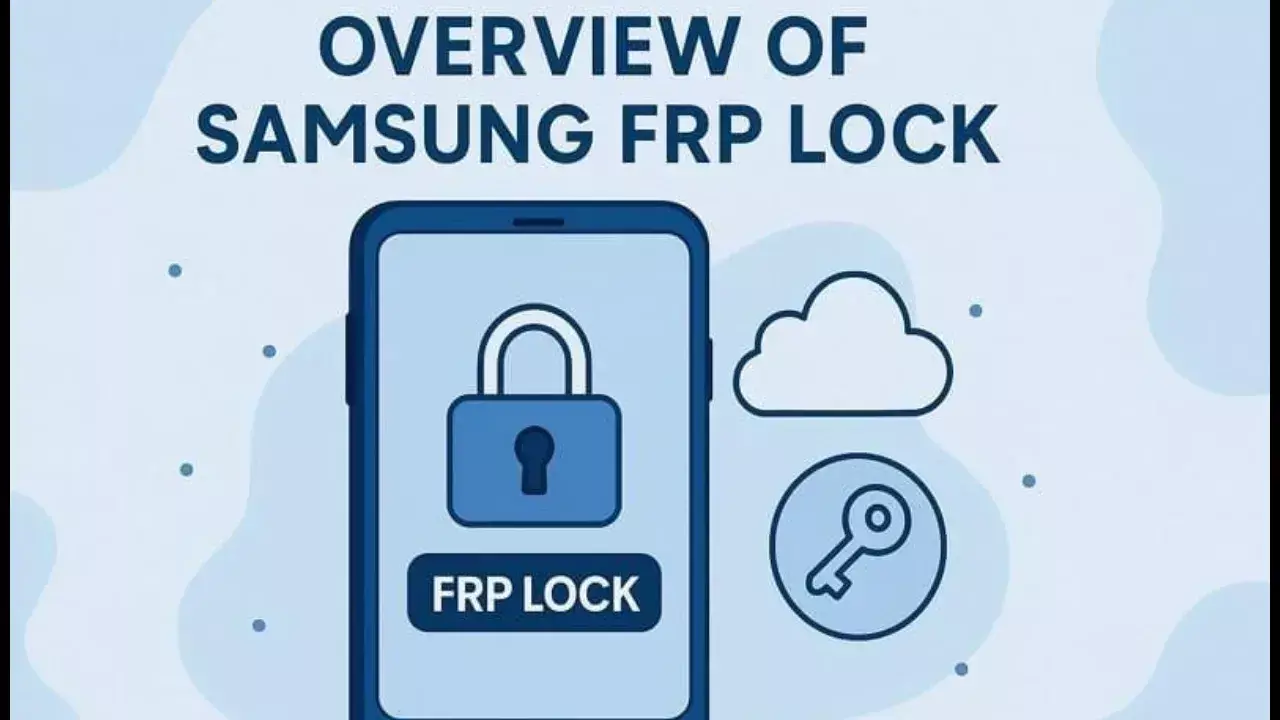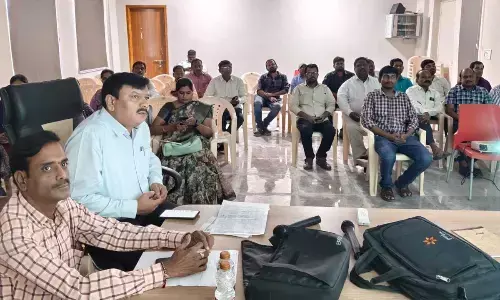My public self : The Johari Window

 How can I trust you? How do I know that you are giving me the entire information I need for accomplishing my tasks? Am I aware of how I am behaving and its impact on my team members? How do I adapt to various situations? Do I know how any of my behaviour is impacting my task or my team or my project?
How can I trust you? How do I know that you are giving me the entire information I need for accomplishing my tasks? Am I aware of how I am behaving and its impact on my team members? How do I adapt to various situations? Do I know how any of my behaviour is impacting my task or my team or my project?
While one is progressing in one's career and through one's day-to-day work, one needs to constantly think and reflect on the above questions. Not everyone is aware of their day-to-day behaviours and how they respond or react to others' behaviour. Many a time it is important to introspect and evaluate one's behaviour. At the same time, it is important for one to also ask and take feedback from others to learn more about self and how one behaves in the organization's perspective.
However the question remains: How often do I take feedback? How do I know whether I can reflect and introspect or whether I need to ask for feedback? Am I also telling others about myself or are there too many hidden aspects of me? When is the right time for one to give someone else feedback about them so they can adapt and mould their behaviour too?
Amongst various researches done on the above, the one that stands out most is a questionnaire called 'Johari Window', created by Joseph Luft and Harry Ingham. The Johari Window is a very useful tool for understanding how introspection and feedback can help one to live more effective lives and perform more effectively. There are four "panes" of the Johari Window which represent four parts of our self. Here is a brief glimpse of them.
1. My Public Self is what I show others about me. This quadrant is whatever is known by the person about him/herself and is also known by others.
2. My Hidden Self is what I hide from others. This can be simple information, or can involve deep issues (for example, feelings of inadequacy, incompetence, unworthiness, rejection) which are difficult for individuals to face directly, and yet can be seen by others.
3. My Blind Spots are parts of me others see but I cannot.
4. My Unconscious Self are parts of me that neither I see nor others do. We all have these four parts of Self in us, as shown in the Johari Window diagram. Based on how open or closed we are to introspection and feedback, the respective sizes of the four panes vary in each of us.
A fully aware person has a large Public Self with the other three areas small in comparison. This person understands why s/he acts the way she does and is genuine and open with others because s/he has minimized her Hidden Self and Blind Spots while working to bring the Unconscious Self to greater awareness. S/he is in touch with his/her needs, feelings, and values � his/her True Self - the source of his/her wisdom and identity.
A generally unaware person has a small Public Self with the other three areas large in comparison. This person acts in ways s/he doesn't understand because outdated decisions and defence mechanisms have caused him/her to develop substantial Blind Spots.
In addition, s/he is guarded and less genuine with others because s/he has developed a significant Hidden Self as a defence against his/her own deep-seated shame. In short, s/he has disconnected from his True Self, becoming more defended than genuine.
Studies in psychology show that these selves are sometimes defined in us right from birth and childhood. Depending on the experiences that the individual goes through, various defence mechanisms are formed in the individual's mind which many times reflect as hidden self and blind spots.
These defence methods offer short-term relief but can create long-term problems because they often require us to suppress and disconnect from our negative feelings.
Thus, our Blind Spots, Hidden Self, and Unconscious Self expand, and our Public Self shrinks as we distance ourselves from our feelings and needs. In essence, we lose touch with our True Self, which is our real compass and the source of our wisdom and identity.
When one constantly asks for feedback from others, one tends to decrease his/her blind spots and increases public self. This increase in awareness levels helps one to increase one's knowledge and skill levels and in enhancing their performance as well as satisfaction.
When one constantly gives feedback appropriately to others, one tends to help others decrease their blind spots and can enhance relationships. When one constantly shares his/her thoughts and feelings with others, one opens up conversations and decreases their hidden self. The more open one is, the more information one shares, the more trustworthy one is even considered.
As information is shared, the boundary with the hidden quadrant moves downwards. And as other people reciprocate, trust tends to build between them. As trust builds in between the team members, they tend to be more accountable for each other, take more ownership and responsibility and become more credible. Increase your public self... Increase your credibility!
Amongst various researches done on feedback, the one that stands out most is a questionnaire called 'Johari Window', created by Joseph Luft and Harry Ingham. The Johari Window is a very useful tool for understanding how introspection and feedback can help one to live more effective lives and perform more effectively
You have the power!
Revathi Turaga is an international trainer & inspirational speaker. http://www.revathionline.com





















